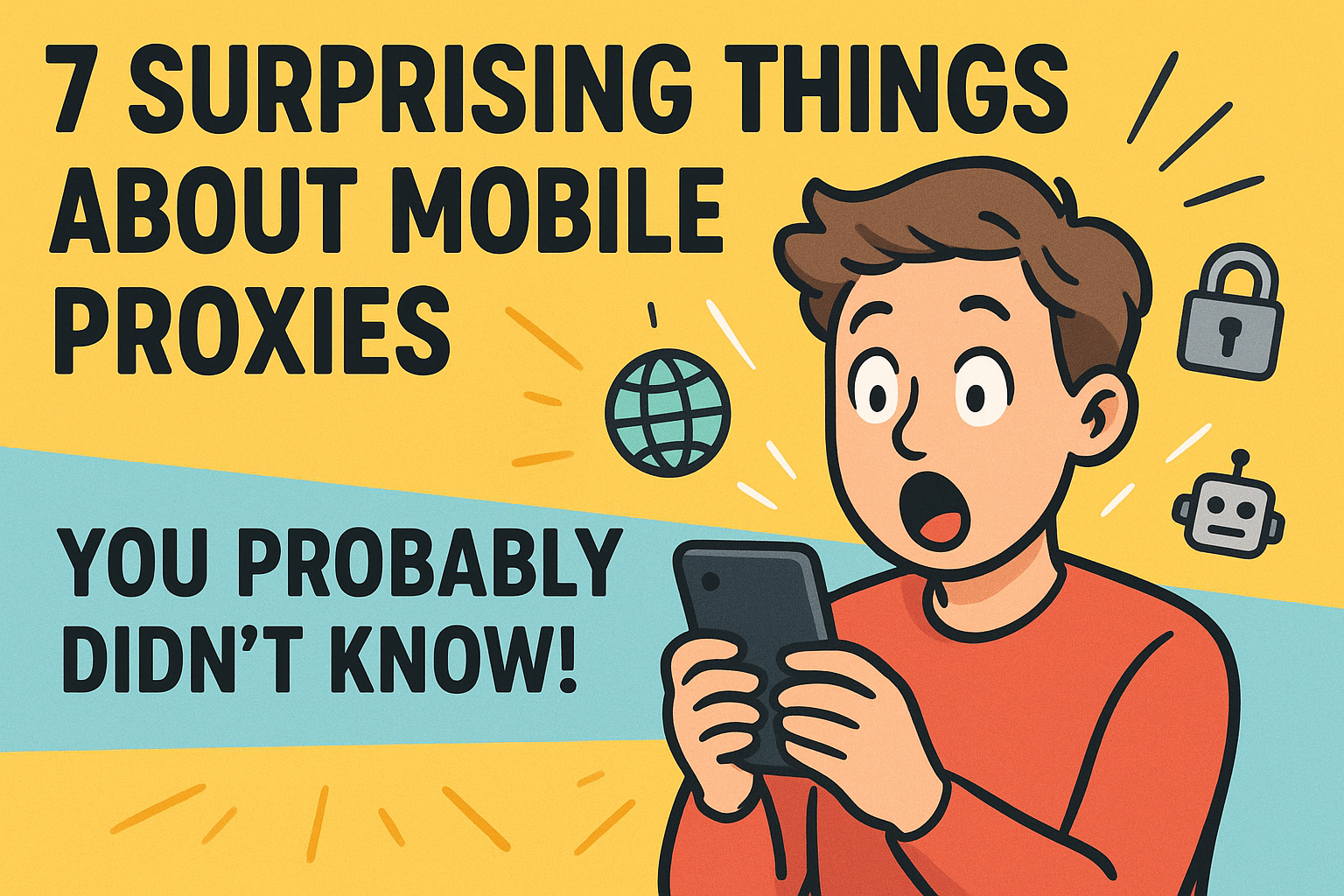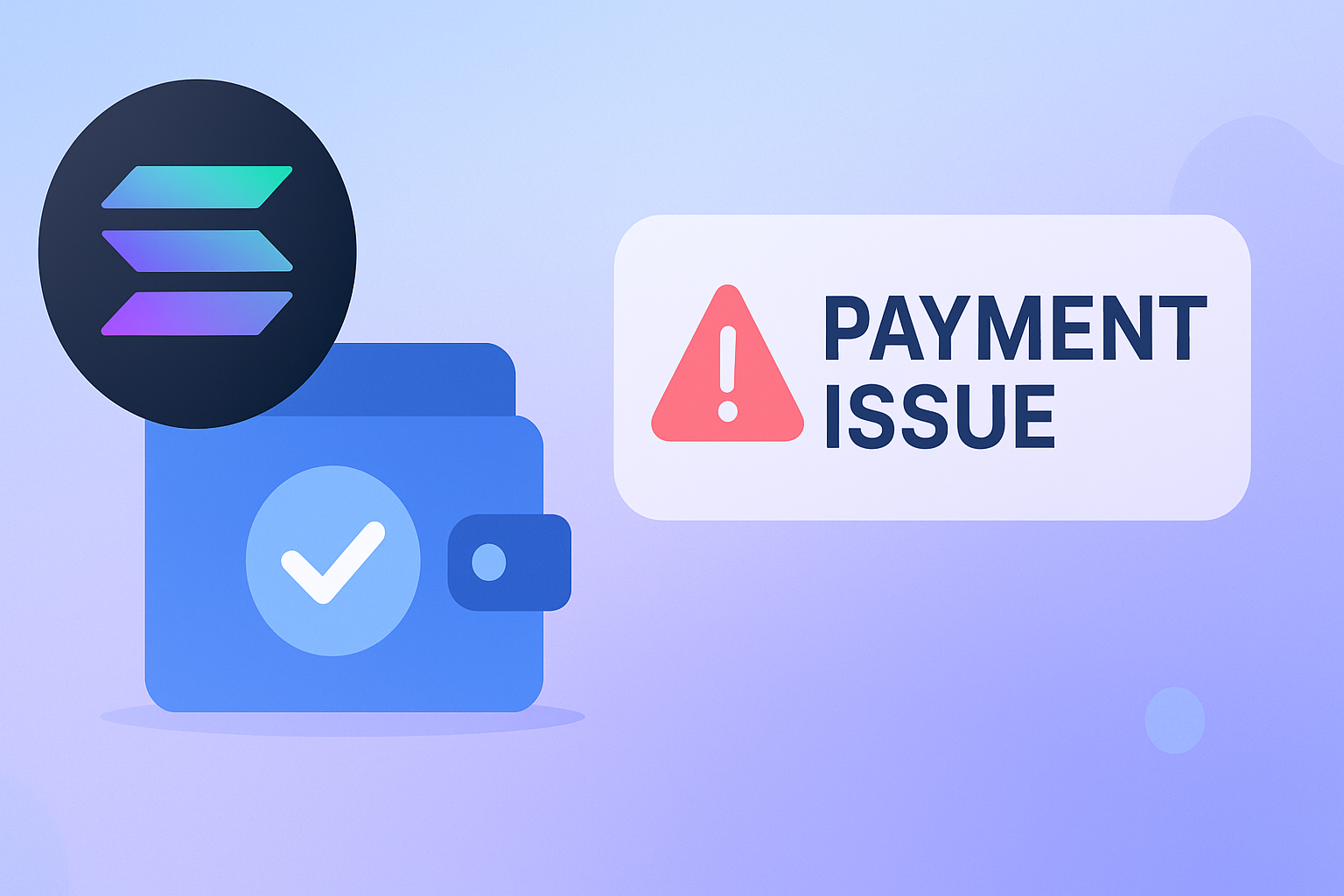Exploring Proxy Types: Data Center, Residential, and Mobile Proxies
Introduction
Proxy servers play a crucial role in the digital world, offering anonymity, security, and access to geo-restricted content. However, not all proxies are the same. In this blog post, we will explore the differences between three common proxy types: data center proxies, residential proxies, and mobile proxies, and understand when and why you might choose one over the other.
1. Data Center Proxies
Datacenter proxies are the most common type of proxies, often used by businesses and individuals for various purposes. These proxies are hosted in data centers and do not have any physical ties to an internet service provider (ISP). Here are some key characteristics of data center proxies:
- Speed and Reliability: Data center proxies are known for their speed and reliability. Since they are not dependent on residential or mobile networks, they usually offer consistent and high-speed connections.
- Affordability: Data center proxies are generally more affordable than residential or mobile proxies, making them a popular choice for tasks like web scraping, market research, and general browsing.
- Limited Geo-location Diversity: Data center proxies often lack the diversity of IP addresses associated with different geographic locations. This limitation can be a drawback if you need to access geo-restricted content.
- High Risk of Detection: In today's times, the majority of websites and services have become adept at detecting data center proxies, which means their use has become somewhat redundant for most use cases.
2. Residential Proxies
Residential proxies are unique because they use IP addresses provided by Internet Service Providers (ISPs) to individual homeowners. Here are the key features of residential proxies:
- High Anonymity: Residential proxies are considered highly anonymous because they use real residential IP addresses. Websites and services are less likely to flag them as proxies.
- Geo-location Diversity: Residential proxies offer a wide range of IP addresses from different geographic locations, making them ideal for tasks requiring diverse locations.
- Slower Speeds: Residential proxies are much slower than data center proxies and mobile proxies because they rely on residential internet connections, which are not as fast and stable.
- Cost: Residential proxies tend to be more expensive due to the need to lease IP addresses from ISPs.
3. Mobile Proxies
Mobile proxies use IP addresses assigned to mobile devices, such as smartphones and tablets. Here are the key characteristics of mobile proxies:
- High Mobility: Mobile proxies are associated with real mobile devices, making them highly mobile and ideal for tasks that require changing IP addresses frequently.
- Anonymity: They provide a great level of anonymity since they use mobile network IPs, which are less likely to be flagged as proxies. These are IPs that are used by real mobile users, so they cannot be blocked by websites.
- Limited Quantity: Mobile proxies are less abundant than residential and data center proxies, which can make them more challenging to obtain and potentially more expensive.
- Speed: Speed can vary with mobile proxies depending on the mobile network's coverage and speed in a given area. Mobile network signals are not perfect, meaning speeds and signals can vary.
We have written all about mobile proxies over here: what are mobile proxies if you want to learn in more detail about them.
Choosing the Right Proxy
The choice between data center, residential, and mobile proxies depends on your specific needs. If you require speed and affordability, data center proxies may be the way to go. For tasks requiring high anonymity and geographic diversity, residential proxies are an excellent choice. Mobile proxies are best suited for mobile-oriented tasks and situations where IP rotation is crucial.
Here at GridPanel, we specialise in providing you with high-quality, affordable mobile proxies from a range of different locations. You can gain access to our mobile proxies today by registering for an account and getting access to our mobile proxy dashboard.
In conclusion
Understanding the differences between data center, residential, and mobile proxies empowers you to select the most suitable option for your specific online activities, whether it's web scraping, accessing geo-restricted content, or maintaining anonymity online.
Sign up for an account and join our grid today to keep you ahead of your competitors.





